
Many are confused about how to approach Scripture. Should we approach it like a novel or history book to be read and enjoyed? Or should we approach it like a text book to be studied and analyzed? The answer is: Yes.
It is helpful if we remember that both the Bible and nature are forms of divine revelation, and based on this, realize that we can approach Scripture in the same way we approach nature.
How does one approach nature?
You can approach it as a scientist, seeking to categorize, systematize, and organize it, or you can approach it like a person who sits in their backyard, listening to the birds and watching the sunset. He also is encountering, appreciating, and enjoying nature, but in a much different way, for a much different purpose, with a much different result.
And the two approaches must not mock each other.
The scientist must not sneer at the guy sitting in his back yard enjoying the sunset, saying, “He doesn’t know anything about nature. I have my degrees, and advanced research tools. I am a research professor at a prestigious university. I have published books and articles. That man knows nothing of nature.”



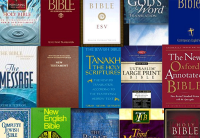
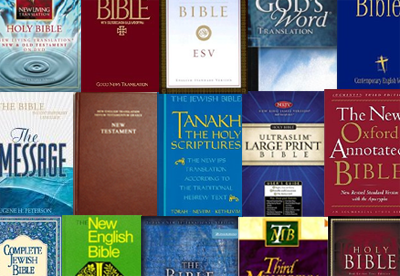 People often ask, “What is the best Bible translation?”
People often ask, “What is the best Bible translation?”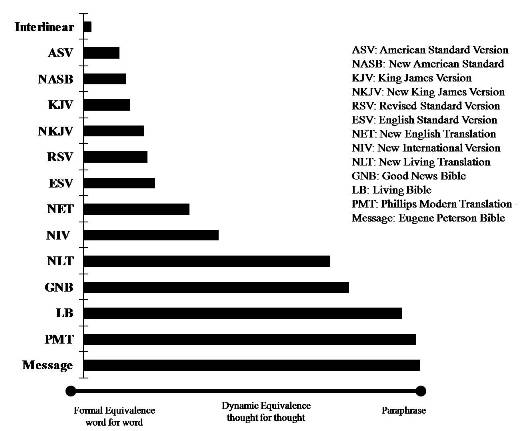
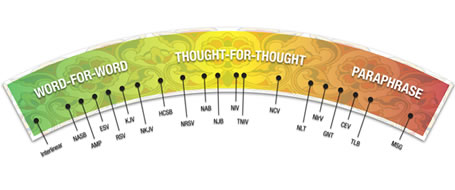

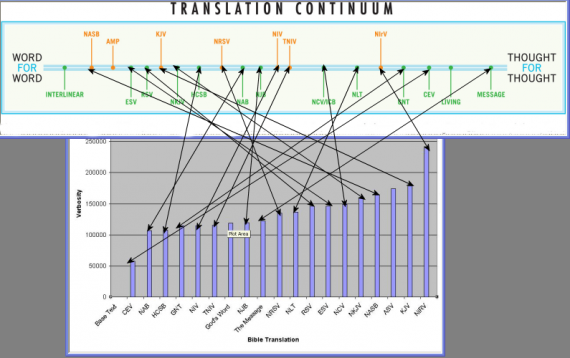
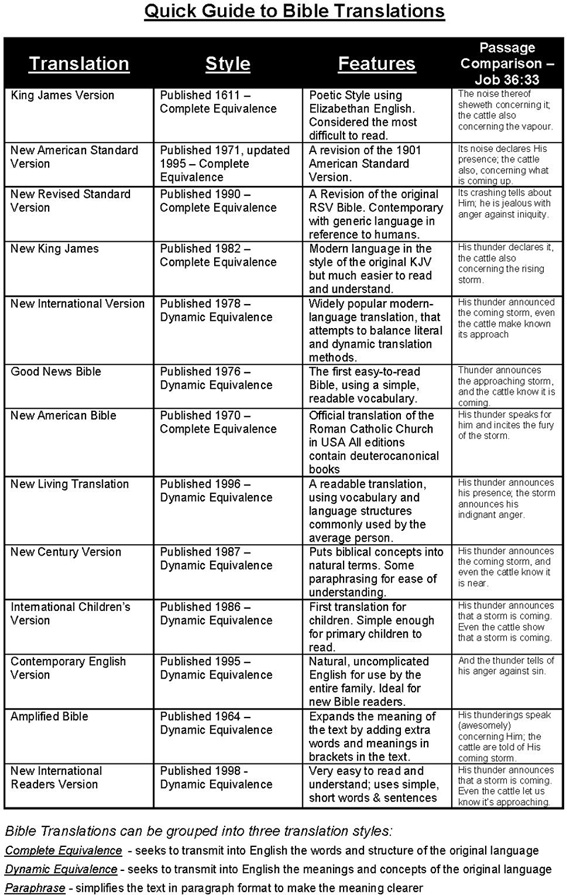


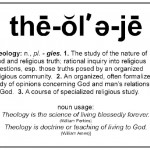
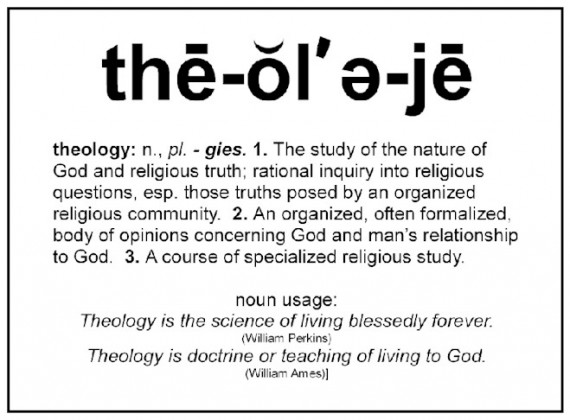







 When I first began to examine the doctrine of the Inspiration of Scripture, it was because I saw so much Bible-abuse in our churches and from our pulpits, that is, people, pastors, and even seminary professors using the Bible in ways that made me extremely uncomfortable. Their approach often seemed to boil down to the simple idea that “God said it. I believe it. That settles it.”
When I first began to examine the doctrine of the Inspiration of Scripture, it was because I saw so much Bible-abuse in our churches and from our pulpits, that is, people, pastors, and even seminary professors using the Bible in ways that made me extremely uncomfortable. Their approach often seemed to boil down to the simple idea that “God said it. I believe it. That settles it.”





